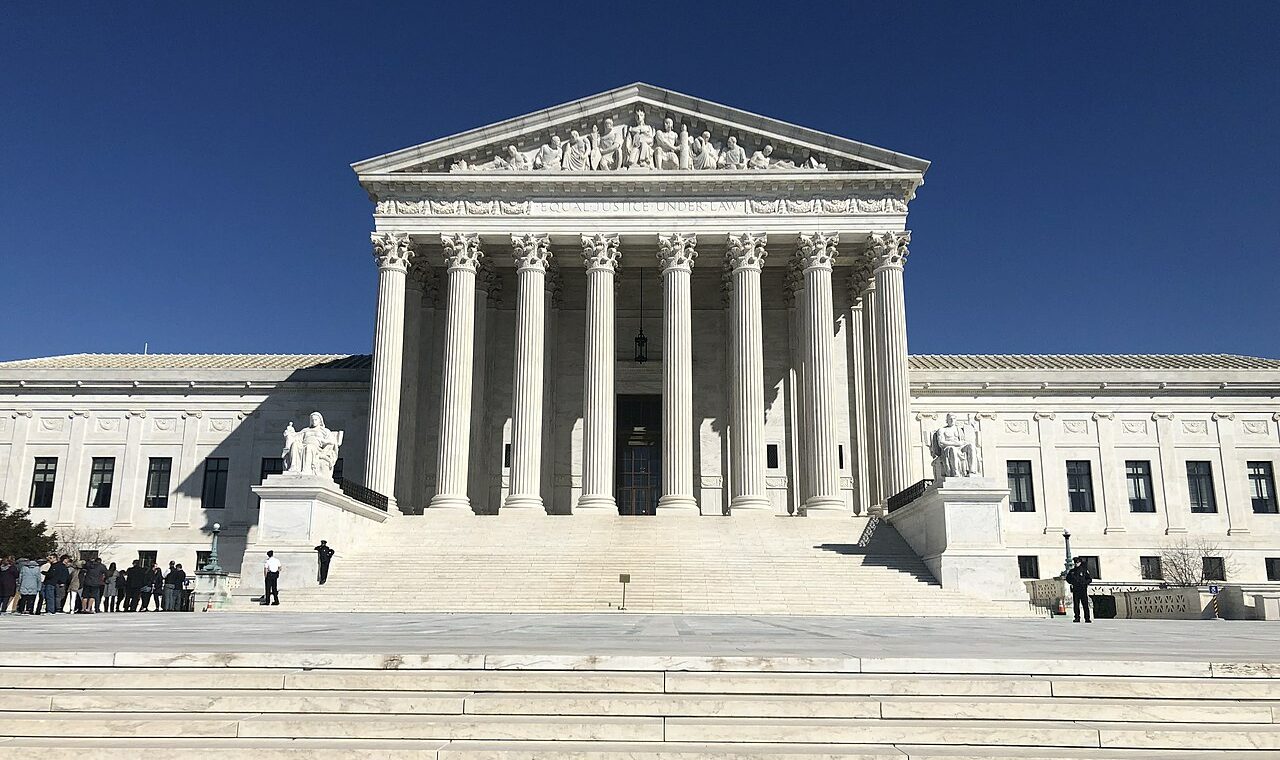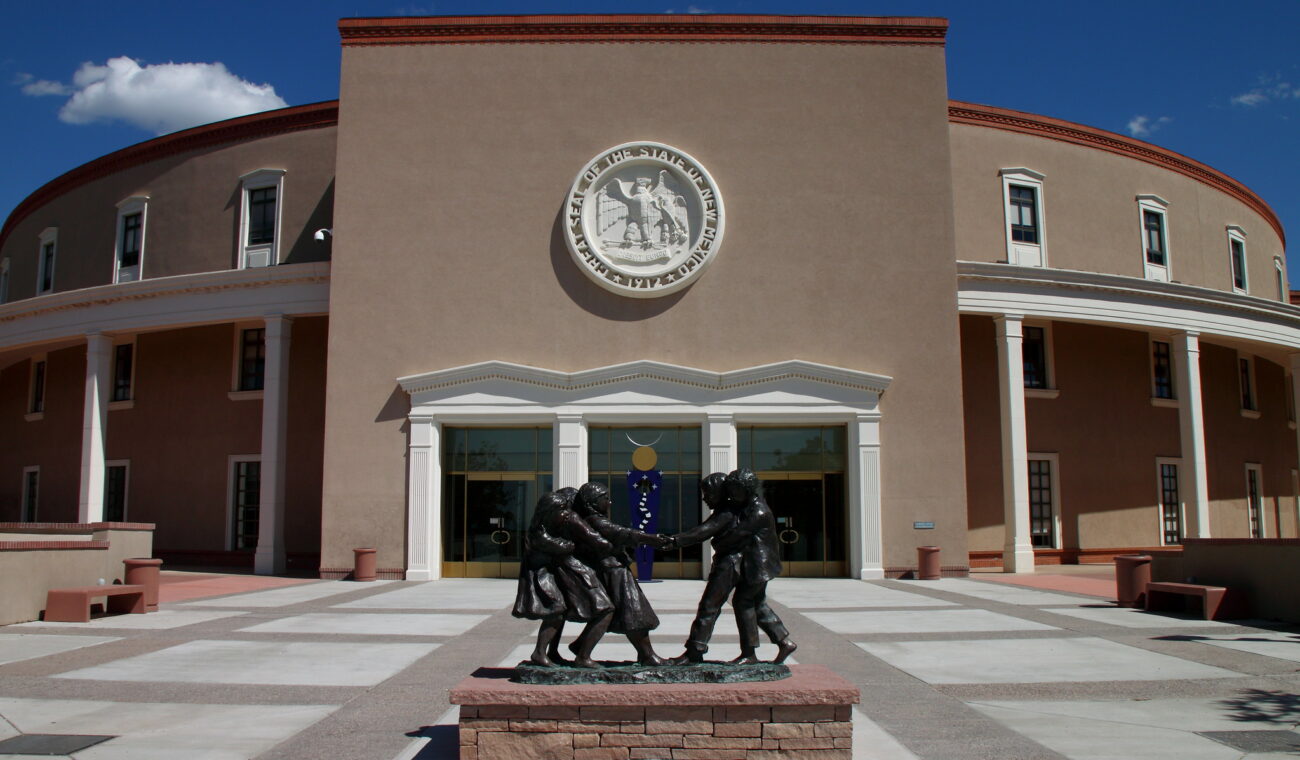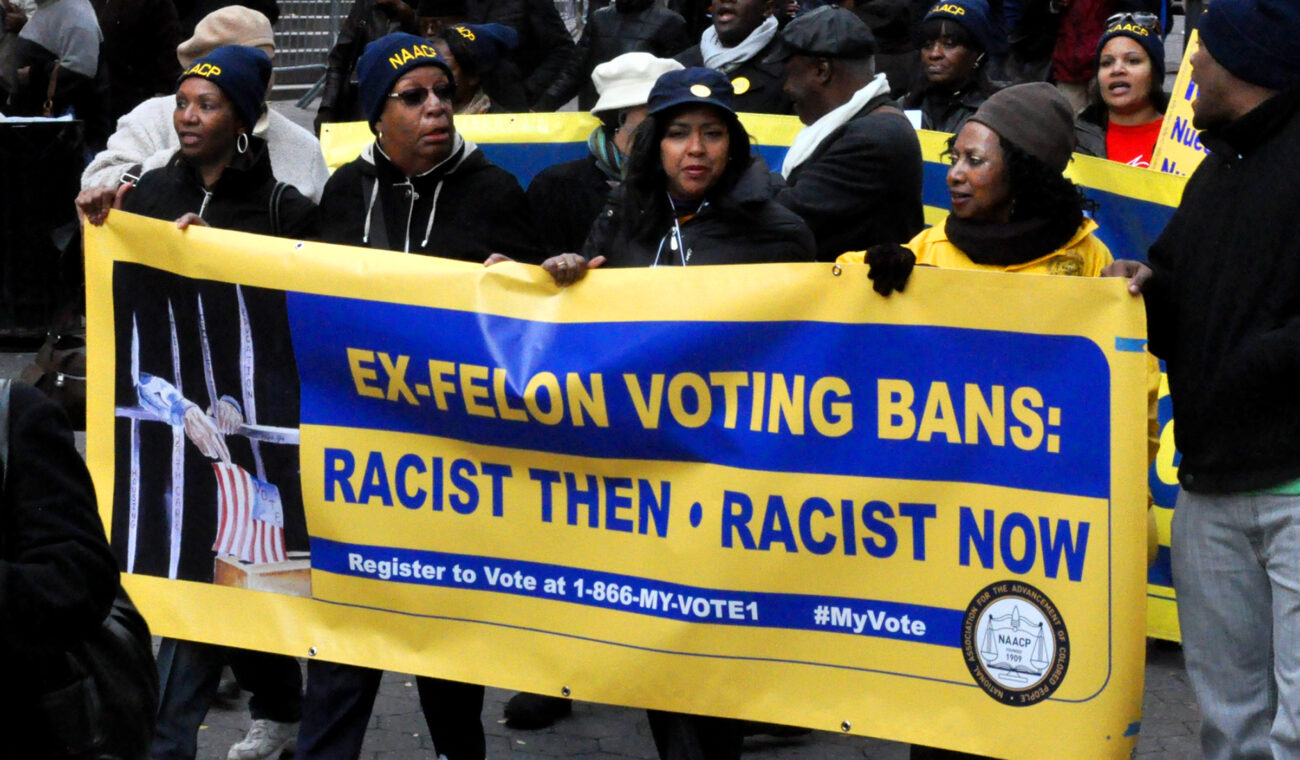Supreme Court allows Alabama voting maps that advocates say disenfranchise Black voters
In a 5-4 decision, the US Supreme Court has placed a stay on a lower court’s ruling against the newly drawn voting districts in the state of Alabama. The short-term consequences of this decision mean that the new election maps, which voting advocates say unfairly disadvantage Black voters, will nevertheless be used in the state’s upcoming 2022 elections. The Supreme Court has also said that it will hear Alabama Republicans’ case to permanently overturn the lower court’s ruling against their maps. The 2020 Census
Voting rights bill moves forward in Legislature
Senate Bill 8, a voting rights reform bill, has cleared another hurdle through the New Mexico State House (also known as “the Roundhouse”). Analysts predict the bill, if passed, could turn ten thousand more New Mexicans into active voters. The bill would allow for a permanent absentee ballot list, require only a social security number to register to vote, allow those convicted of felonies to vote even if still on probation or parole, and allow 17 year olds to vote in some elections. The
Voting rights groups urge Supreme Court to let order for redrawn Alabama congressional map stand
The NAACP Legal Defense Fund, an advocacy group for voting rights, is urging the US Supreme Court to uphold the ruling of a lower court which found that the state of Alabama must redraw its congressional districts. A panel of 3 federal judges - including two Trump appointees - found that the newly drawn map was in violation of section 2 of the Voting Rights Acts, which bans racial discrimination in elections, because the new map’s district lines make it difficult or impossible for
States moving fast after Congress failed to expand felon voting rights
The latest failure of comprehensive voting rights reform on the federal level has prompted renewed flurries of activity from felon voting rights advocates on the state level. The Freedom to Vote Act, which failed to pass the US Senate, would have restored voting rights to any US citizen, regardless of felony status, provided they were no longer serving in prison at the time of an election. Despite this failure, activists remain cautiously optimistic - the number of states that offer automatic voting rights restoration
Michigan Supreme Court dismisses Voting Rights Act challenge of redistricting maps
In a 4-3 decision, the Michigan Supreme Court has dismissed a case brought by the Detroit Legislative Caucus, which charged that the state’s newly drawn district lines illegally disadvantaged Black voters. The Court noted that although the newly drawn lines resulted in a decrease of majority-minority districts, they allowed for “White crossover” voting from White Democrats, which still made the election of candidates of color possible. Three dissenting justices, however, wrote that the Michigan Supreme Court had not provided the plaintiffs with a fair





